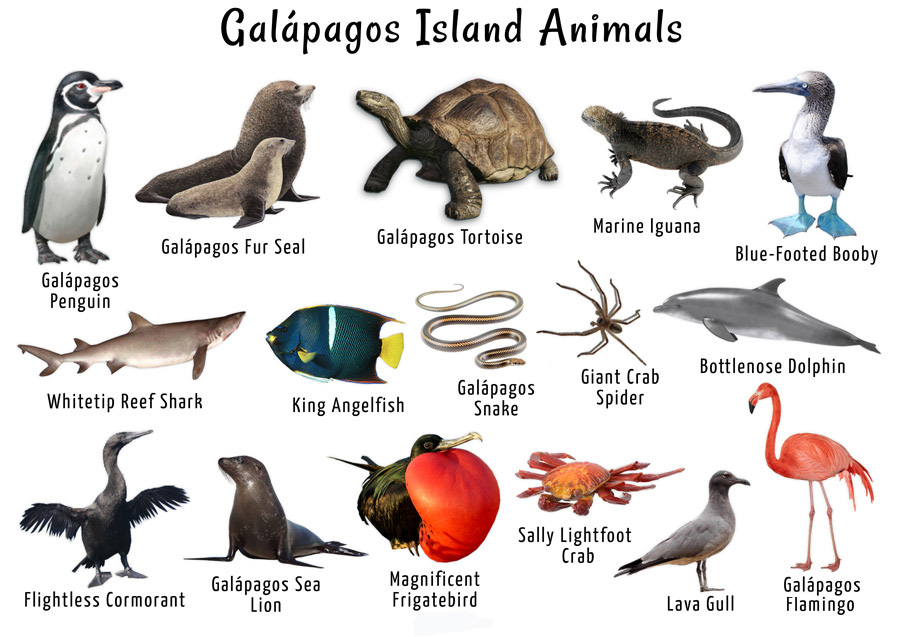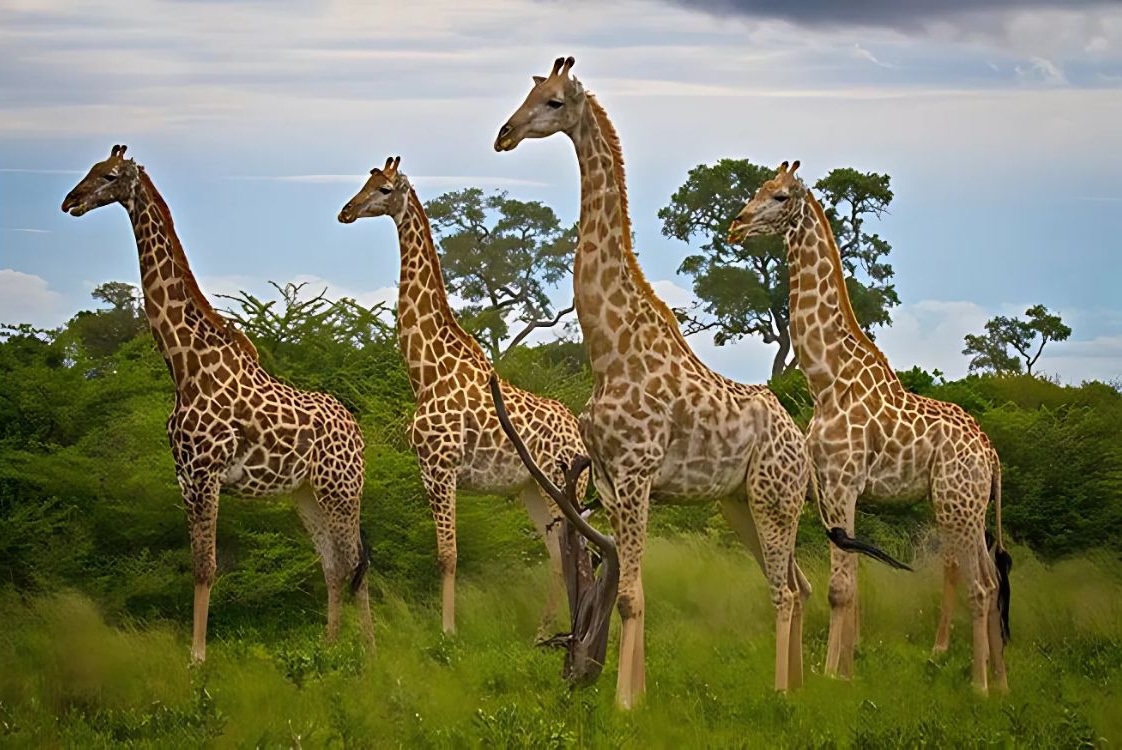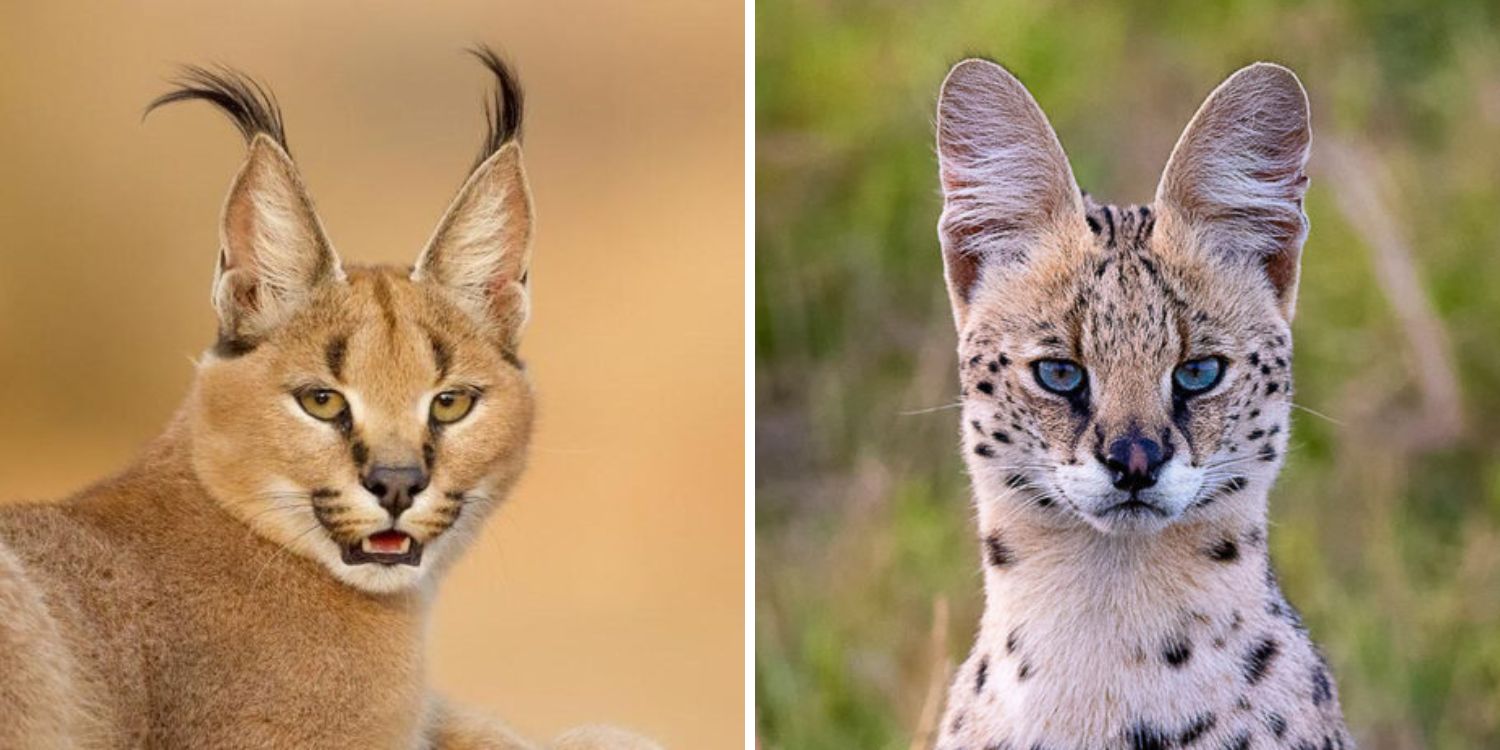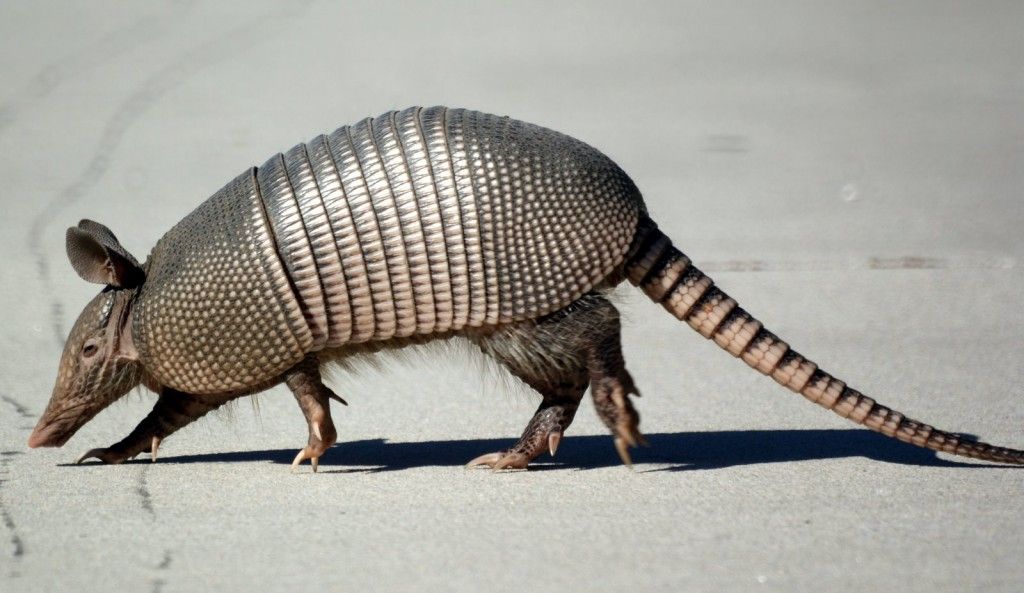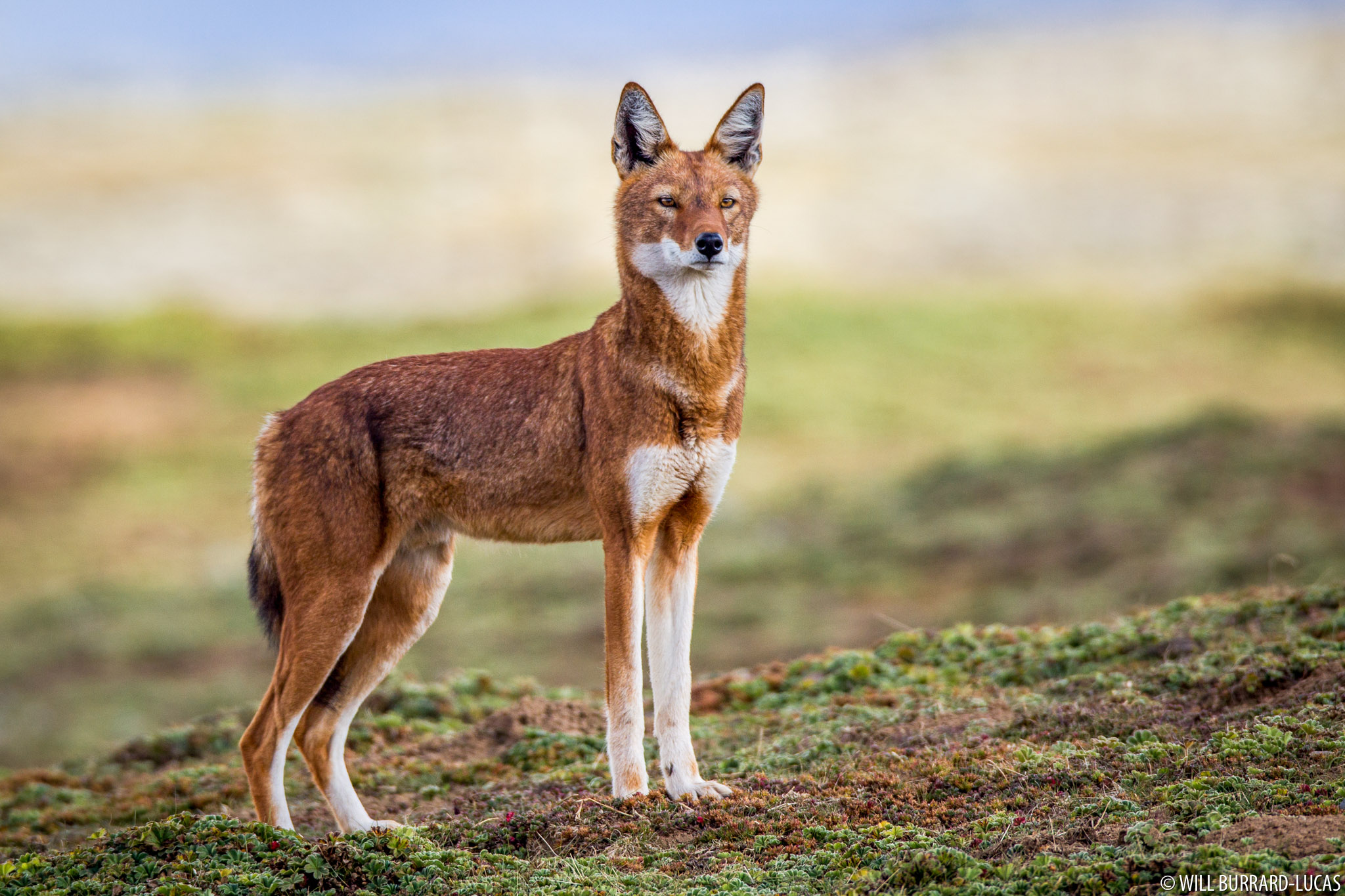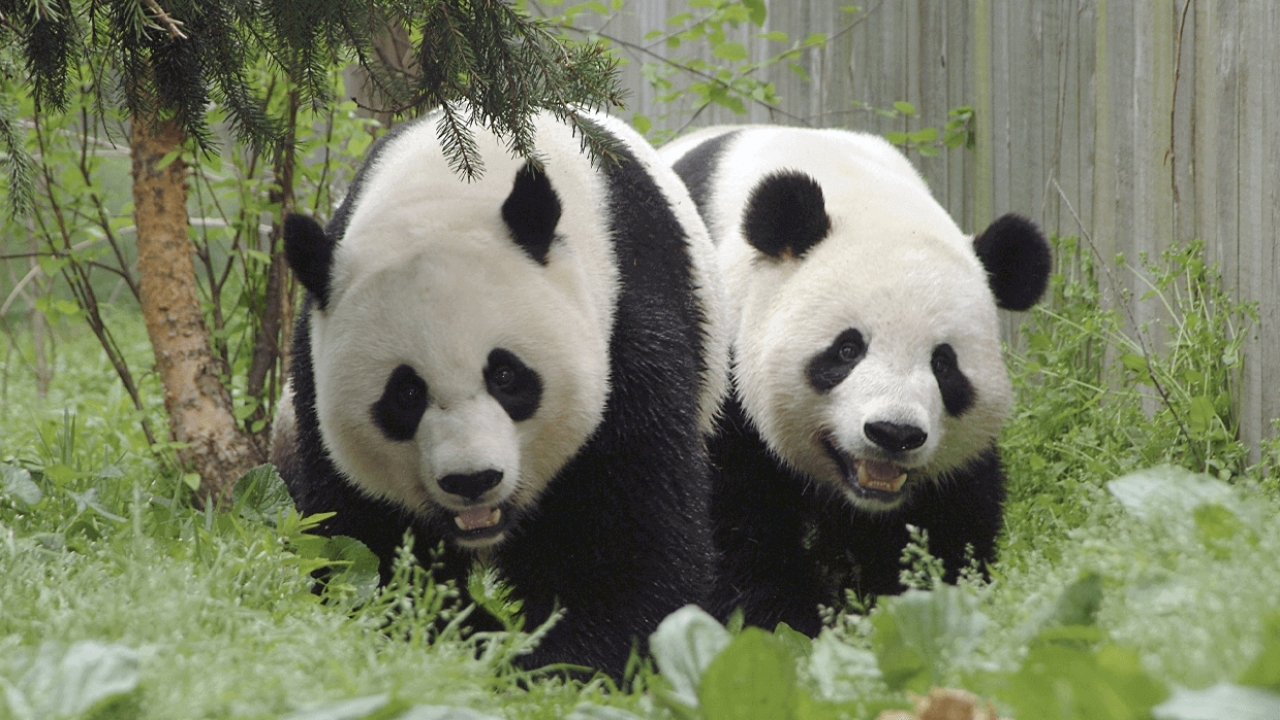
The End of an Era: Farewell to American Panda Diplomacy
October 8, 2023
Technically, all pandas, even those born outside China, belong to China.
The complex relationship between the United States and China is about to take a small, but symbolic step away from friendliness. The era of Panda Diplomacy, a unique chapter marked by adorable black and white ambassadors, is drawing to a close.
By December 2023, U.S. zoos will no longer house giant pandas for the first time in over 50 years. This shift is due to the fact that every panda currently residing in American zoos is on loan from the Chinese government.
President Richard Nixon’s historic 1972 visit to China marked a turning point. The arrival of pandas Ling-Ling and Hsing-Hsing as gifts from China sparked “panda-monium” at the National Zoo, with thousands eager to see these captivating creatures. Sadly, this initial pair did not produce any cubs for the U.S. to keep.
Following this initial excitement, the National Zoo acquired Mei Xiang and Tian Tian in 2000 under a 10-year agreement with China. This agreement, along with subsequent extensions, is finally set to expire in December 2023. This means their three-year-old cub Xiao Qi Ji, along with his parents, will be departing for China.
The National Zoo isn’t alone in saying goodbye to their pandas.
- The San Diego Zoo, which began its panda journey in 1987, saw the departure of all their pandas in 2019 as agreements expired.
- The Memphis Zoo recently returned their panda Ya Ya in April 2023 after a 20-year loan.
- Zoo Atlanta, however, offers a glimmer of hope. They will continue to care for their two adult pandas and their cubs until their contract expires in late 2024, with the zoo aiming to negotiate an extension.
It’s important to note that China views all giant pandas, even those born in captivity outside of China, as their property. This leasing program generates millions of dollars annually for China, with zoos around the world participating.
While the future of panda diplomacy in the U.S. remains uncertain, one thing is clear: the wild panda population within China is on the rise thanks to conservation efforts. There’s hope that these fascinating creatures will continue to thrive, even as their role in international relations changes.
Read more: Scripps News

